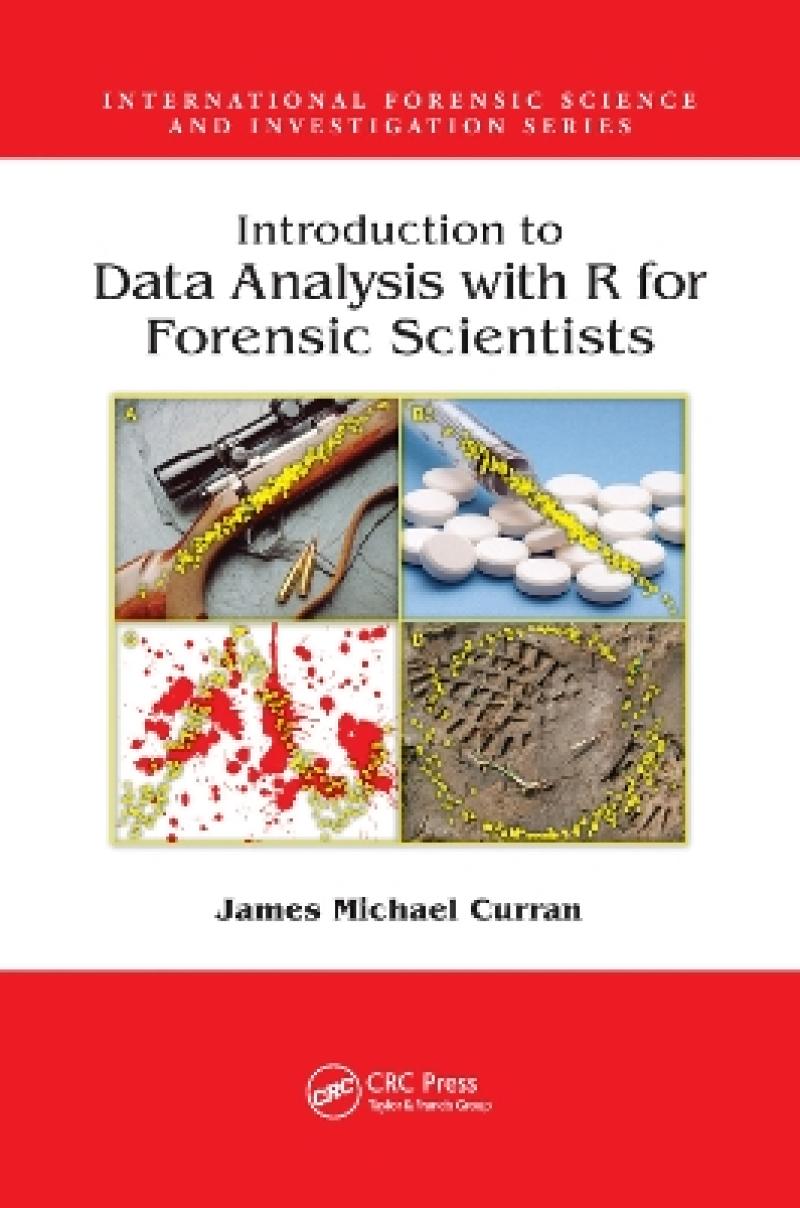Statistical methods provide a logical, coherent framework in which data from experimental science can be analyzed. However, many researchers lack the statistical skills or resources that would allow them to explore their data to its full potential. Introduction to Data Analysis with R for Forensic Sciences minimizes theory and mathematics and focuses on the application and practice of statistics to provide researchers with the dexterity necessary to systematically analyze data discovered from the fruits of their research.Using traditional techniques and employing examples and tutorials with real data collected from experiments, this book presents the following critical information necessary for researchers: A refresher on basic statistics and an introduction to RConsiderations and techniques for the visual display of data through graphicsAn overview of statistical hypothesis tests and the reasoning behind themA comprehensive guide to the use of the linear model, the foundation of most statistics encounteredAn introduction to extensions to the linear model for commonly encountered scenarios, including logistic and Poisson regressionInstruction on how to plan and design experiments in a way that minimizes cost and maximizes the chances of finding differences that may existFocusing on forensic examples but useful for anyone working in a laboratory, this volume enables researchers to get the most out of their experiments by allowing them to cogently analyze the data they have collected, saving valuable time and effort.
Les mer
Introduction. Basic statistics. Graphics. Hypothesis tests and sampling theory. The linear model. Modeling count and proportion data. The design of experiments.
Produktdetaljer
ISBN
9781138381445
Publisert
2019-06-07
Utgiver
Vendor
CRC Press
Vekt
453 gr
Høyde
234 mm
Bredde
156 mm
Aldersnivå
P, 06
Språk
Product language
Engelsk
Format
Product format
Heftet
Antall sider
331
Forfatter
Biographical note
James M. Curran is currently an Associate Professor of Statistics in the Department of Statistics at the University of Auckland (Auckland, New Zealand). Dr. Curran is also the co-director of the New Zealand Bioinformatics Institute at the University of Auckland (www.bioinformatics.org.nz).
